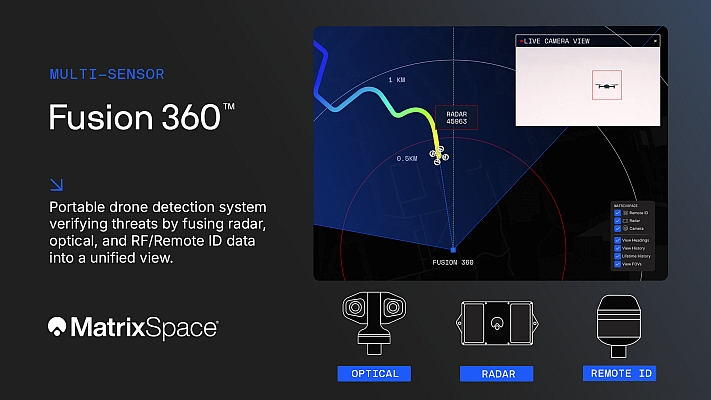In 2013, slightly more than one third (37.3%) of the population aged 18 years and over consumed fruits and green vegetables according to the recommendations from WHO. Nearly the same percentage (37.2%) consumed fatty meat and chicken.
About 24.0% of this adult population ingested alcoholic beverages one or more times during the week. This practice among men (36.3%) was about three times higher than among women (13.0%).
11.2 million adults were diagnosed with depression by a mental health professional, but only 46.4% of them received medical assistance in the last 12 months. 1.8% of the adult population was diagnosed with cancer. The most frequent types were breast cancer, skin cancer, prostate cancer and cervical cancer.
Among adults, 46.0% did not practice sufficient physical activities during leisure, work, housework and daily commuting, and 28.9% watched television for three or more hours per day.
This was part of the information collected by the National Health Survey (PNS) of IBGE, which visited, in partnership with the Ministry of Health, about 80 thousand housing units in 1,600 municipalities all over the country, in the second semester of 2013.
This first release of PNS brings information on eating habits, smoking and consumption of alcoholic beverages by the population aged 18 years and over. PNS also investigated whether the adult population was diagnosed by health professionals for any of the 11 main chronic non-communicable diseases, which, altogether, causes more than
70% of deaths in Brazil.
Based on the household interviews, the survey estimated 31.3 million hypertensive persons, 27.0 million persons with back problems and 2.2 million adults who already suffered a Cerebral Vascular Accident (CVA) in Brazil About 12.5% of the population were diagnosed with a high level of cholesterol, 6.2% with diabetes and 4.2% with some heart disease.
12.7% of the adults were daily smokers and 17.5% were ex-smokers. Among the smokers, 51.1% tried to quit smoking in the 12 months before being visited by PNS. 52.3% of them thought of getting free from the addiction due to the warnings about the risks of smoking displayed in the cigarette packets.
The complete publication of the National Health Survey can be accessed on
http://www.ibge.gov.br/home/estatistica/populacao/pns/2013/default.shtm







